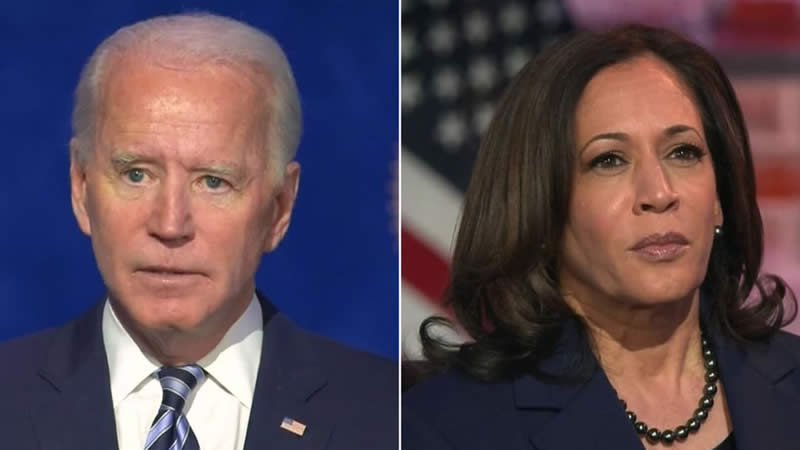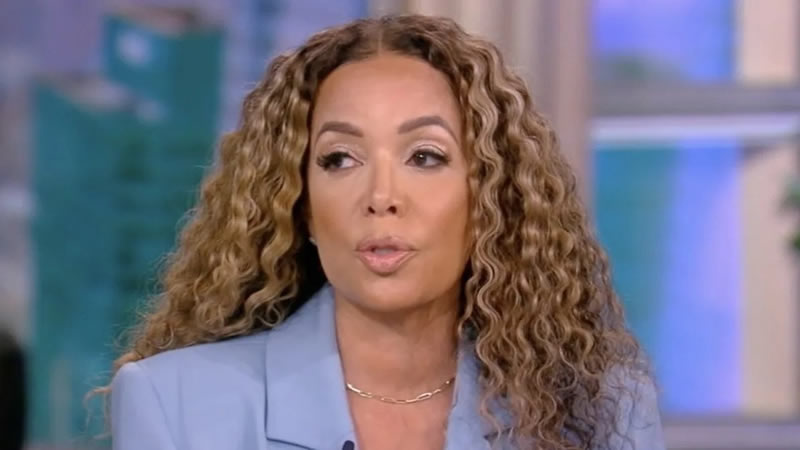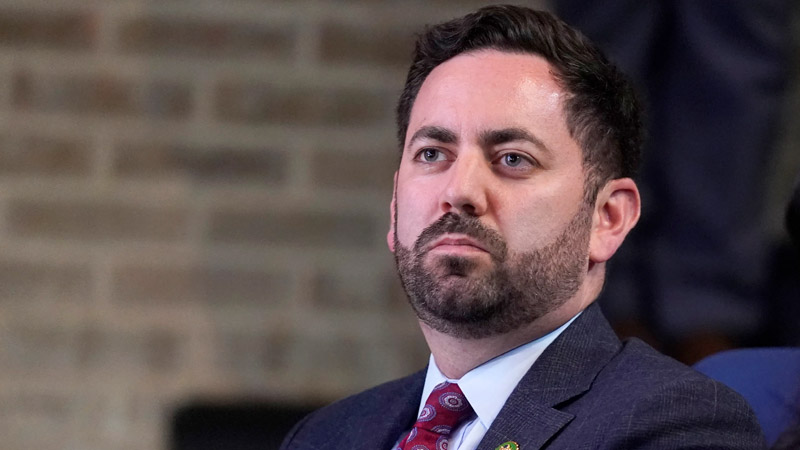Trump Faces Legal Reckoning as Delay Tactics Risk Backfiring

© REUTERS / RACHEL MUMMEY
Former President Donald Trump’s attempts to delay or dismiss the Manhattan hush money trial have been diverse and persistent, culminating in a recent assertion of presidential immunity. This defense was notably dismissed by Judge Juan Merchan, who pointed out the inappropriateness of its timing, given that the alleged activities occurred primarily before Trump assumed the presidency.
Legal experts Norm Eisen and Taylor Redd have analyzed these maneuvers in an article for MSNBC, suggesting that such strategies might betray a sense of desperation on Trump’s part. The crux of Trump’s claim centered around the notion of absolute presidential immunity, a concept that Eisen and Redd argue is not substantiated by legal precedent. Judge Merchan’s dismissal of this defense was not solely on its merit but also on the basis of its untimely submission.
“Even if absolute presidential immunity existed — which, as we’ve previously explained, it doesn’t — Merchan rightly recognized that Trump’s motion was too little, too late,” they wrote. “As an initial matter, Merchan noted, Trump filed his request to adjourn the trial months after ‘the 45-day period [after arraignment and before commencement of trial] provided by statute.’ New York courts have discretion to vary that stricture. But Trump offered little in the way of justification for his tardiness. As Merchan pointed out, Trump was long ago ‘well aware that the defense of presidential immunity, even if unsuccessful, might be available to him.’ There was absolutely no reason Trump could not have at least tried to bring it up more promptly.”
According to Merchan, Trump’s motion came well after the statutorily defined period, which ideally is 45 days post-arraignment and prior to the trial’s commencement. The judge highlighted that Trump, being well informed of the potential for such a defense, had no valid reason for not presenting it earlier.
The ongoing legal saga has seen Judge Merchan address and dismiss numerous other delay tactics employed by Trump. This pattern, Eisen and Redd warn, could jeopardize Trump’s standing before the trial even begins. Losing the favor of the judge is a significant risk, considering the judge’s pivotal role in numerous trial decisions and, crucially, in sentencing upon conviction.
Trump’s legal strategy has consistently featured attempts to stall legal proceedings across various cases. With the Manhattan trial looming closer, these efforts are expected to intensify. However, Eisen and Redd view this approach as a sign of weakness. They argue that Trump’s reliance on delay tactics reflects a recognition of the impending legal consequences he must face.
This behavior, Eisen and Redd suggest, is indicative of Trump’s realization that he is nearing a critical juncture in his legal battles. As the trial becomes increasingly inevitable, Trump’s strategies may do more harm than good to his defense. The article by Eisen and Redd in MSNBC underscores the precarious position Trump finds himself in, as he navigates through his legal challenges with tactics that seem to underscore a sense of urgency and apprehension.


